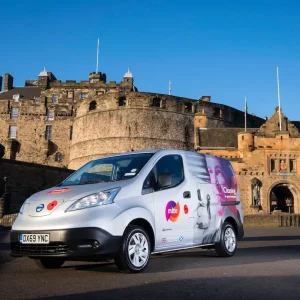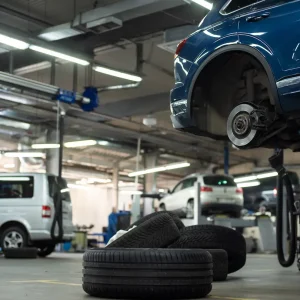BusinessCar deputy editor Paul Barker looks at how fleet’s desire to improve residuals and cut out car dealers could end up threatening the auction houses
The big auction firms might need to be on their guard in the next 12 months or so because a new way to dispose of fleet cars is creeping up.
Autoquake is an on-line car sales site that launched in 2007. Since its modest 700 sales that year, it shot up to 4700 last year and is staring down the barrel of 15,000 units this year and 25,000 in 2010. The firm is now working with 11 of the top 20 leasing companies.
“We’re now like an Amazon.com for used cars. We’re offering e-commerce for consumers by selling on behalf of fleets direct,” said Autoquake co-founder Fredrik Skantze, who claims the firm can achieve an extra 5% return compared to an auction house. “It takes a little longer, 25 days to sell versus auction’s 15-20, so there’s not a big difference, but there is a big difference in the return,” said Skantze.
At the moment, the core of the business comes from those 11 lease firms, and increasing the percentage of their defleeted cars from the current 5% to 10%-20% is a priority.
“25% of supply is realistic. Auction is very ingrained and can liquidate a car fast, but lease companies want part of the retail margin and like different routes,” said Skantze, who is also looking to the large fleets. “We haven’t done so much of that so far, although Somerfield do use us,” he said.
“There is a good opportunity out there – I’m not sure we’ve got our head around how big it is,” he continued. “Companies have to be a certain size for it to be interesting, defleeting 50-100 per month and a minimum of 1000 cars per year.”
However, he adds: “It’s an art to buy at auction, but it’s also an art to sell and big leasing companies are expert at it. If you are a small pharmaceutical firm for example, then you get 4% less for your cars at auction.”
So if Autoquake can shift a potential 15,000 cars direct from leasing firms to consumers for prices a claimed 5% below a car supermarket and 10% less than a main dealer, are the auction houses worried and why aren’t they trying it?
Skantze points to the huge numbers of cars the two main auction firms, BCA and Manheim, put through their halls every year. At the moment, what Autoquake moves doesn’t register, but when it does there may not be too much they can do.
“BCA and Manheim would find this hard to do because they would be bypassing their own customers – the dealers – to do it,” said Skantze.
Easy it may not be, but it could be worthwhile.





